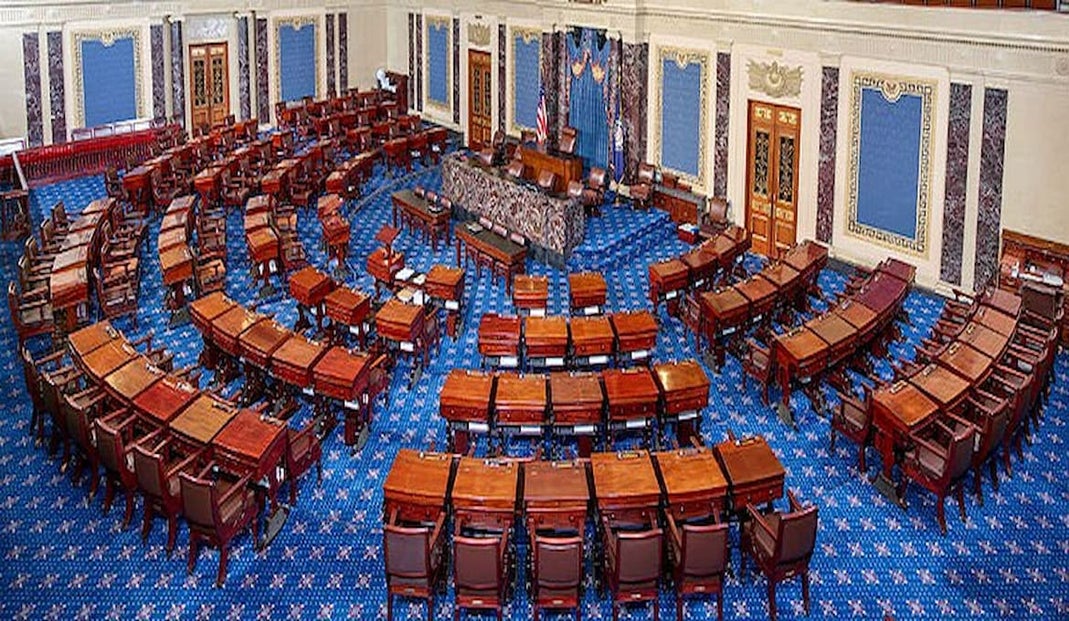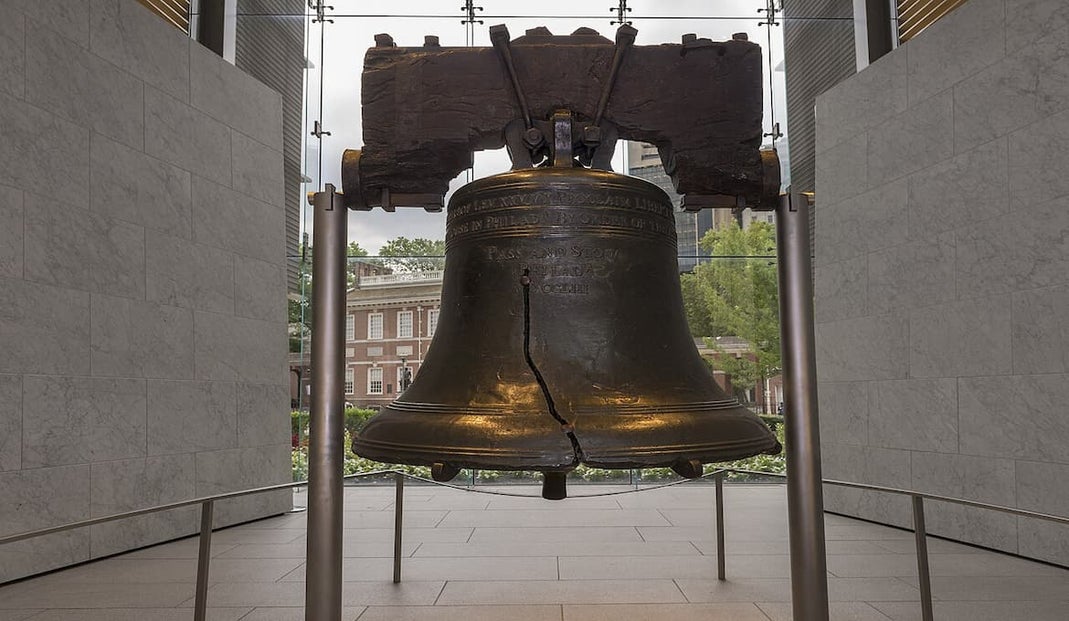Ohio Fails to Double Tax Hike
Earlier this year, Governor Mike DeWine proposed a budget that doubled the state's 20% tax rate on mobile sportsbooks. Ohio doubled its original tax rate in 2023, but many lawmakers believed that operators were still not paying their fair share.
The proposed tax hike was defeated despite heavy industry opposition. Sportsbooks contacted state legislatures and the public to warn of watered-down odds and fewer promotions if the proposal was approved. It made it hard for DeWine to find support in either chamber, depriving it of the budget.
While many state lawmakers have supported tax hikes in the past, some in Ohio are pushing to lower them. A small but vocal group believes the rate should revert to 10% over fears that higher taxes will shrink the market.
New Tax Could Be Easier to Pass
Ohio’s effort to add a privilege tax is unique and is seen as an alternative to a flat tax hike. The hope is that it would boost tax revenue, without the sportsbooks needing to take as big a hit. A smaller tax would be far more appealing than the expenses involved in fighting repeated proposals for a massive hike.
Colorado has been using a similar strategy for years now. They have found smaller ways to increase revenue, including a current proposal to begin taxing promotional bets. These small changes have not faced the same level of opposition from sportsbooks, who are willing to sacrifice to keep the overall rate as low as possible.
This strategy has allowed Colorado’s market to thrive, and Ohio hopes it will work for them.
Will Sportsbooks Push Back?
While Colorado has successfully negotiated additional taxes, their relationship with operators has been relatively positive. That isn’t the case for Ohio, which has aggressively pushed to raise its tax rate despite doubling it less than two years ago.
Ohio’s recent history with operators could lead them to draw a line in the sand. While they won’t exit the market, don’t be surprised if they launch a massive effort to kill the proposed handle tax and begin campaigning against lawmakers supporting DeWine’s efforts.
.svg)






























